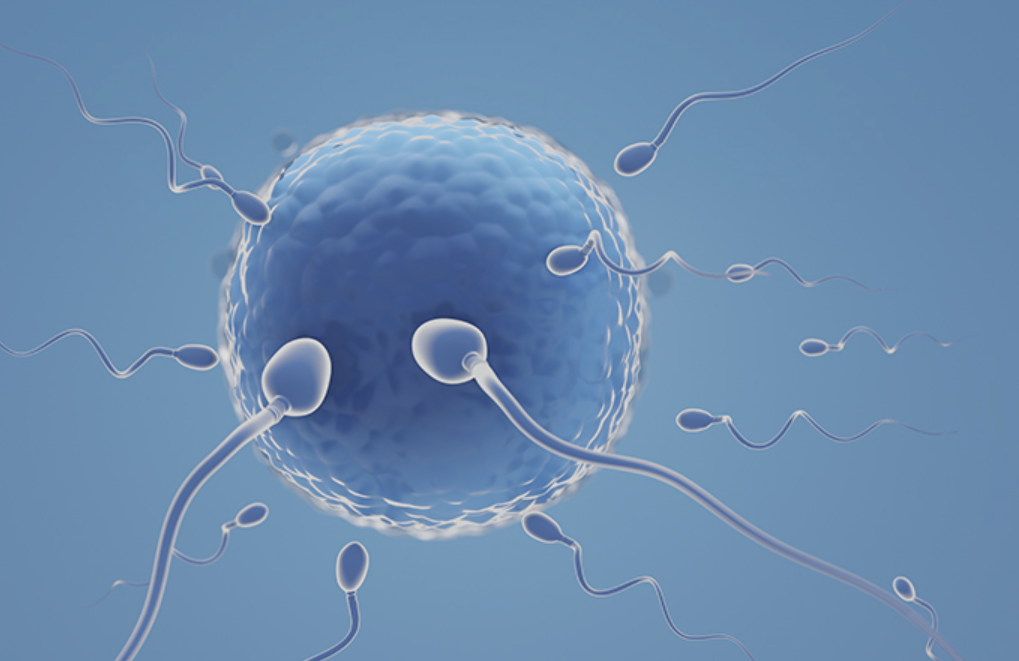
Preserving Fertility: Guarding Your Ovarian Reserve
Preserving Fertility: Guarding Your Ovarian Reserve
Maintaining reproductive health is a crucial aspect of a woman's overall well-being. For many, the concept of ovarian reserve might not be familiar, but it plays a pivotal role in a woman's fertility. Ovarian reserve refers to the quantity and quality of a woman's eggs, and protecting it is essential for those who wish to conceive in the future.
Understanding Ovarian Reserve :- A woman is born with a finite number of eggs, and as she ages, this ovarian reserve gradually diminishes. Factors such as age, genetics, and certain medical conditions can accelerate this decline. A reduced ovarian reserve may lead to difficulties in conceiving naturally and an increased risk of infertility.
How to Check Ovarian Reserve:
- Blood Tests: Two primary blood tests are commonly used to assess ovarian reserve: Anti-Müllerian Hormone (AMH) and Follicle-Stimulating Hormone (FSH). AMH levels are a reliable indicator of the number of eggs remaining in the ovaries, while FSH levels are typically higher in women with diminished ovarian reserve.
- Normal Levels:
- AMH: A higher level is associated with a better ovarian reserve. Normal levels vary by laboratory, but generally, a range of 1.0 to 4.0 ng/mL is considered normal.
- FSH: Normal FSH levels are typically below 10 IU/L, with higher levels indicating reduced ovarian reserve.
- Normal Levels:
- Antral Follicle Count (AFC): An ultrasound scan called the antral follicle count measures the number of small, resting follicles in the ovaries. These follicles represent the pool of eggs available for ovulation.
- Normal Count:
- The normal AFC varies, but an average count of 15 to 30 follicles is typically considered within the normal range.
- Normal Count:
Role of Blood Investigations:
- AMH: Reflects the ovarian egg supply. Lower levels may suggest diminished ovarian reserve.
- FSH: High FSH levels may indicate the ovaries are working harder to stimulate egg production, possibly due to a reduced ovarian reserve.
Role of Ultrasound Scan for Ovaries:
- Antral Follicle Count (AFC): Assesses the number of small follicles in the ovaries, providing a visual representation of the ovarian reserve.
- Ovarian Volume: The size of the ovaries can also provide insights into ovarian health.
Protecting Ovarian Reserve:
- Lifestyle Choices: Adopting a healthy lifestyle is fundamental to preserving ovarian reserve. Regular exercise, a balanced diet rich in antioxidants, and maintaining a healthy weight contribute to overall reproductive health.
- Avoiding Smoking and Excessive Alcohol Consumption: Smoking has been linked to a decline in ovarian reserve, so quitting smoking is crucial for women looking to protect their fertility. Excessive alcohol consumption can also negatively impact ovarian function, so moderation is key.
- Monitoring and Testing: Regular check-ups with a gynaecologist or fertility specialist can help monitor ovarian reserve. Fertility tests such as anti-Müllerian hormone (AMH) and follicle-stimulating hormone (FSH) levels can provide insights into the status of ovarian reserve.
- Freezing Eggs: For women who may delay childbearing due to career goals or other reasons, egg freezing is an option. This process involves extracting and preserving eggs at a younger age when the ovarian reserve is still robust, providing a potential safeguard against age-related fertility decline.
- Manage Stress: Chronic stress can impact reproductive health. Incorporating stress-reducing activities such as yoga, meditation, or counselling can positively influence ovarian function.
- Early Intervention: Seeking fertility advice early, especially for those with risk factors or known reproductive health issues, allows for timely interventions that may help preserve ovarian function.
Protecting ovarian reserve is a proactive step towards ensuring fertility and reproductive well-being. By making informed lifestyle choices, monitoring reproductive health, and considering interventions such as egg freezing when necessary, women can empower themselves to take charge of their fertility journey. As with any medical decision, it's essential to consult with a gynaecologist or fertility specialist for personalized guidance tailored to individual needs and for that you can contact Chawla nursing home and maternity hospital Jalandhar Punjab by calling +917307103001, 9023703001

